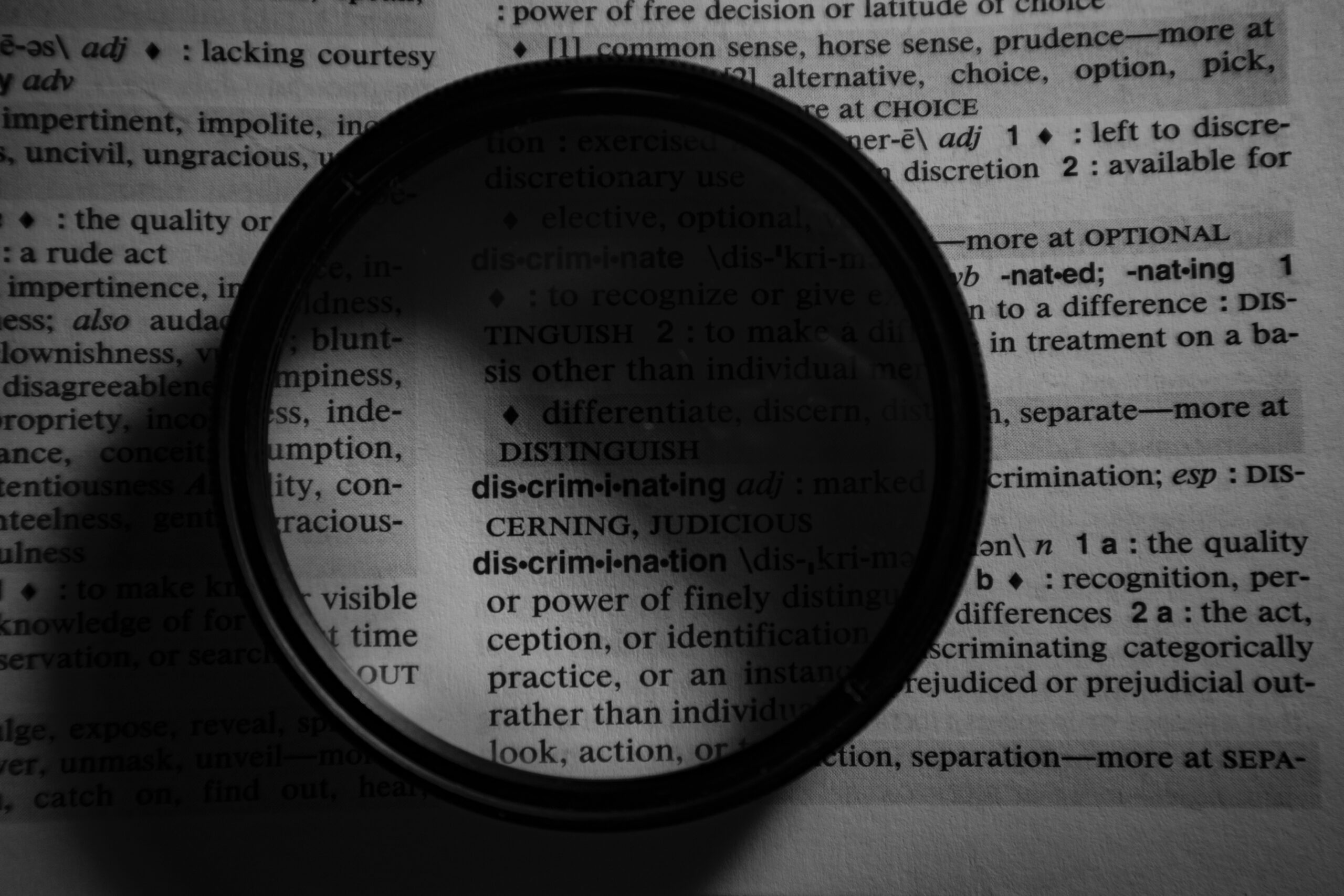
poco.lit.’s new project for 2021: case.sensitive.
As so many of the books we discuss on poco.lit. make clear, discrimination is embedded in language. Language affects the way we think and talk about questions surrounding race, gender, sexuality, belonging, and so many other issues. These concerns are complicated enough when we think about them within one language. But when there is cause to think about how this works across languages, it gets even more complex. This became abundantly clear to us over the course of 2020, since as a bilingual platform, at poco.lit. we publish all posts in both English and German.
We repeatedly found ourselves coming up against problems of translation when discussing politically sensitive issues: not least, for example, the question of how to talk about race, when the German Rasse is by no means equivalent, and carries with it troubling biological associations. We found ourselves struggling with translated texts that seemed to undercut the sensitivity in fact entailed in the original. A telling example here was the German translation of Valeria Luiselli’s Lost Children’s Archive, which sometimes used colonial-problematic terminology to speak of Indigenous Americans in a novel that expressly sought to approach just these problems with a delicate hand. We confronted the less subtle issue of translators’ choices to gender or not gender in German, as in Johnny Pitts’ Afropean, which speaks to an ungendered “reader” in English, but a male “Leser” in the German.
These existing difficulties seemed to become even more acute when a global pandemic resulted in so many literary and cultural events moving online. Our Green Library series was amongst those gatherings that shifted to virtual platforms. We were delighted to find this meant we could welcome an audience from all over the world. It also became clear that this shift to the digital, which so much of the literary-cultural sector underwent at a faster pace than previously last year, means that participants in and producers of culture need to be attuned to the complexities that come with addressing multilingual audiences, and aware of the issues that arise in translating politically sensitive language. This sensitivity is not currently provided by the free translation tools available online.
In response to this set of issues, we are happy to announce a new project for 2021, in which we will collaborate with völlig ohne to develop a web app to foster politically sensitive translation. We aim to increase the visibility of the issues surrounding translation in this context, gather a database of less successful translations, host virtual events to discuss these issues with experts in relevant fields, and finally develop a tool that will help those working in the cultural sector to integrate sensitive translation into their own cultural work. We’d love for you to be a part of this project, so please stay tuned for updates on how you can get involved.
This project has been made possible thanks to funding generously granted by the Berlin Senate.
